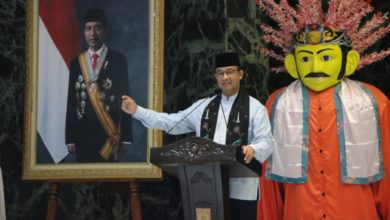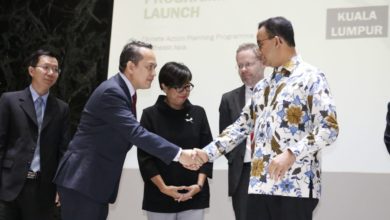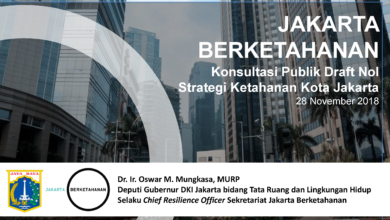IUCN is a membership Union uniquely composed of both government and civil society organisations.
It provides public, private and non-governmental organisations with the knowledge and tools that
enable human progress, economic development and nature conservation to take place together.
Created in 1948, IUCN is now the world’s largest and most diverse environmental network, harnessing
the knowledge, resources and reach of more than 1,300 Member organisations and some 10,000
experts. It is a leading provider of conservation data, assessments and analysis. Its broad membership
enables IUCN to fill the role of incubator and trusted repository of best practices, tools and
international standards.
IUCN provides a neutral space in which diverse stakeholders including governments, NGOs, scientists,
businesses, local communities, indigenous peoples organisations and others can work together
to forge and implement solutions to environmental challenges and achieve sustainable development.
Working with many partners and supporters, IUCN implements a large and diverse portfolio of conservation
projects worldwide. Combining the latest science with the traditional knowledge of local
communities, these projects work to reverse habitat loss, restore ecosystems and improve people’s
well-being.
Link



